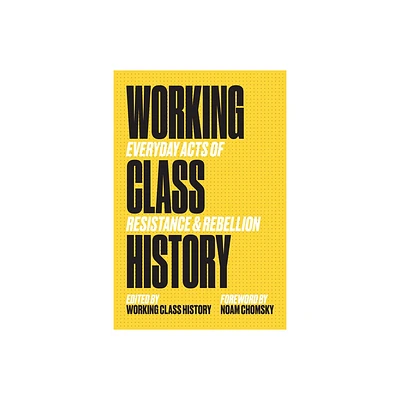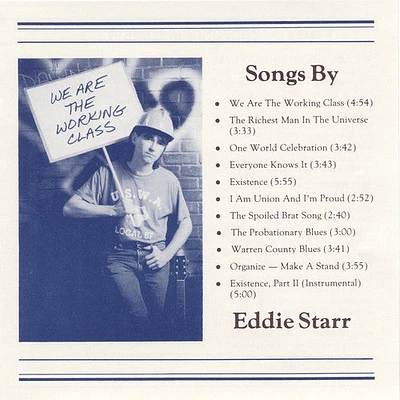Home
Literacy the Lives of Working-Class Adults Australia: Dominant versus Local Voices
Loading Inventory...
Barnes and Noble
Literacy the Lives of Working-Class Adults Australia: Dominant versus Local Voices
Current price: $120.00


Barnes and Noble
Literacy the Lives of Working-Class Adults Australia: Dominant versus Local Voices
Current price: $120.00
Loading Inventory...
Size: Hardcover
*Product Information may vary - to confirm product availability, pricing, and additional information please contact Barnes and Noble
Adopting a 'social practice' approach to literacy research based on ethnographic methods, this book provides a strong critique of dominant understandings of the role of literacy in the lives of adults in Australia.
It explores how groups of working-class adults can manage the literacy practices of their everyday lives by drawing on social networks of support. It is based on research conducted by the author over a forty-year career in adult literacy education, featuring the voices of varied adult groups, including: prisoners, the long-term unemployed, local council workers, manufacturing workers, adult literacy students, marginalised young people, vocational students, and patients living with a chronic illness (type 2 diabetes).
Each chapter explains how dominant society views these adult groups in relation to literacy, and provides a qualitative examination at the local level of how members of these groups manage the literacy practices of their everyday lives.
It explores how groups of working-class adults can manage the literacy practices of their everyday lives by drawing on social networks of support. It is based on research conducted by the author over a forty-year career in adult literacy education, featuring the voices of varied adult groups, including: prisoners, the long-term unemployed, local council workers, manufacturing workers, adult literacy students, marginalised young people, vocational students, and patients living with a chronic illness (type 2 diabetes).
Each chapter explains how dominant society views these adult groups in relation to literacy, and provides a qualitative examination at the local level of how members of these groups manage the literacy practices of their everyday lives.

















